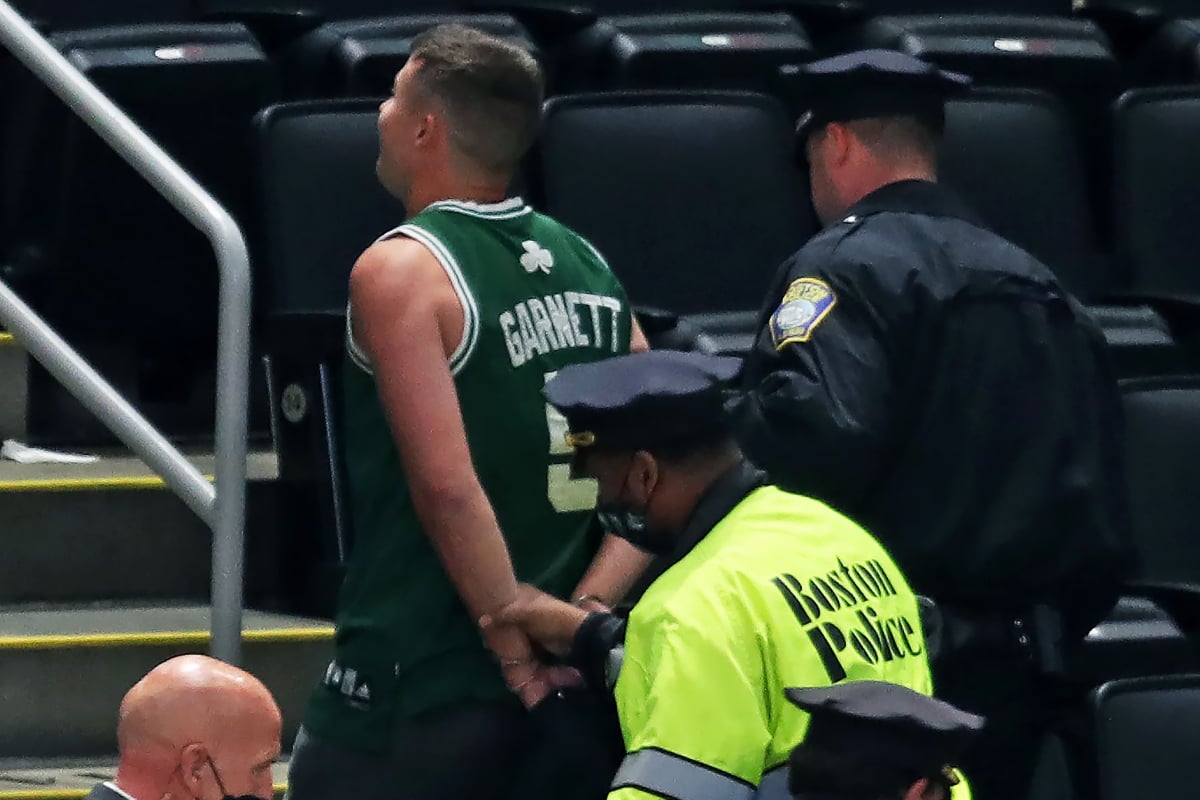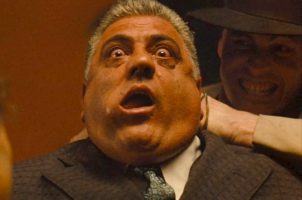Massachusetts Sports Betting Regulations Could Soon Include Player Protections
Posted on: January 24, 2023, 11:55h.
Last updated on: January 24, 2023, 04:25h.
The first legal sports bet in Massachusetts will be placed next Tuesday, January 31. That’s the start date for sports gambling in the commonwealth, with the state’s three commercial casinos first debuting their retail sportsbooks.

The Massachusetts Gaming Commission (MGC) has been on a whirlwind regulatory review of sports betting applications in anticipation of next week’s launch. Sports betting will first begin at Encore Boston Harbor, MGM Springfield, and Plainridge Park. The casinos’ sportsbook operators are respectively WynnBet, BetMGM, and Barstool.
Online sportsbooks are expected to commence mobile wagering in March once the MGC gives the go-ahead. In anticipation of widespread gambling on professional and most collegiate sports, a coalition representing professional athletes is urging the MGC to implement player protections in its sports betting rules.
The Players’ Association is a collective that includes representatives from the NFL, MLB, NBA, NHL, and MLS. The organization recently submitted a request to the MGC calling on the state to include safeguards to limit possible threats against players and their families by angry sports bettors.
Players’ Appeal
The Players’ Association wants the MGC to adopt regulations that might deter a hot-tempered sports bettor from retaliating against a player whom he blames for his losing wager.
As professionals who have devoted their lives to the pursuit of excellence in their sport, their members believe that protecting the integrity of the game and ensuring they and their families are safe is paramount in any discussion of the prospect of administering legalized sports betting,” said James Eisenberg and Kris Erickson of Preti Strategies, a Boston-based lobbying firm representing The Players’ Association.
The association has proposed a series of regulations to help protect players and their associates. The coalition, for example, says a bettor who makes a threat against a player, team, or anyone associated with the sport should face a permanent sports betting ban by the MGC.
The Players’ Association drafted regulatory language that the MGC might consider adopting.
“‘Prohibited conduct’ includes any statement, action, and other communication intended to influence, manipulate, or control a betting outcome of a sporting contest or of any individual occurrence or performance in a sporting contest in exchange for financial gain or to avoid financial or physical harm. ‘Prohibited conduct’ includes statements, actions, and communications made to a covered person by a third party, such as a family member or through social media,” The Players’ Association’s recommended language reads.
Regulatory Authority
The five MGC commissioners seemed open to The Players’ Association’s request during their meeting this week.
But concerns were raised regarding whether the commission possesses the authority to ban a patron solely on the grounds of being unruly at a sporting event or on social media.
“Offhand, I’m not aware of any such language, but it may certainly exist. But then the question becomes, if it does not exist, whether the commission has authority to adopt such language in the regulations,” said Todd Grossman, the MGC’s general counsel. “I think we’re certainly aware of this issue now, and perhaps we have been, but we will take a close look at that.”
MGC Chair Cathy Judd-Stein was quite receptive to the players’ plea. She said it should be “paramount” that the state does all it can to protect players and officials, and their families.
Related News Articles
MGM Springfield Sports Betting Application Late, State Makes Concession
Massachusetts Sports Betting Self-Exclusion Program Underway
Most Popular
LOST VEGAS: ‘Tony The Ant’ Spilotro’s Circus Circus Gift Shop
Las Vegas Overstated F1 Race’s Vegas Impact — Report
Mega Millions Reportedly Mulling Substantial Ticket Price Increase
NoMad Hotel to Check Out of Park MGM on Las Vegas Strip
Most Commented
-
End of the Line for Las Vegas Monorail
— April 5, 2024 — 90 Comments -
Mega Millions Reportedly Mulling Substantial Ticket Price Increase
— April 16, 2024 — 8 Comments -
Long Island Casino Opponents Love New York Licensing Delays
— March 27, 2024 — 5 Comments
















No comments yet